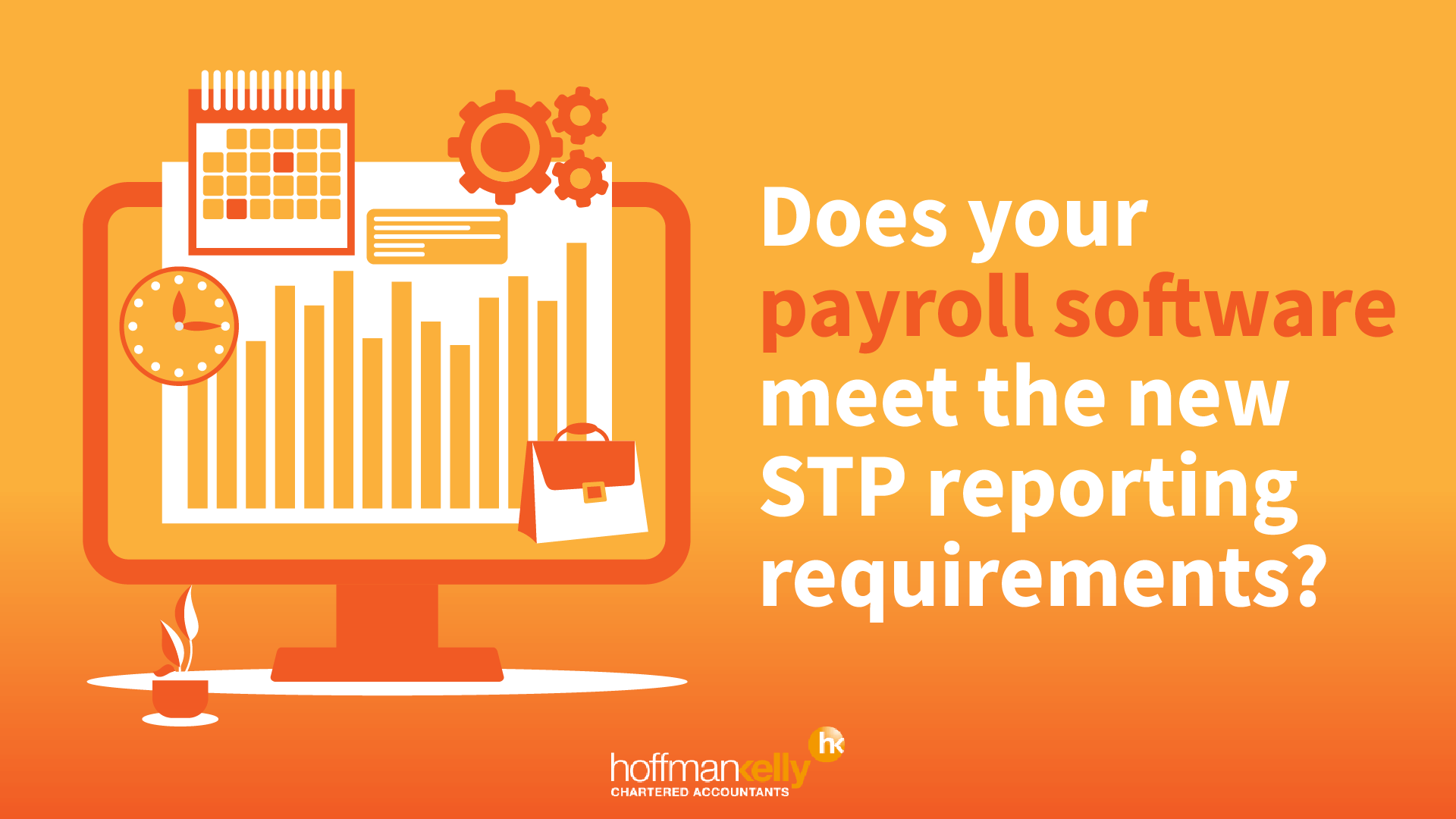Single Touch Payroll (STP) Reporting automatically sends tax and superannuation information from your accounting software to the ATO as each payroll period is processed. This reporting ensures that employees are paid their correct entitlements through data matching the amounts that are reported from the employee’s super funds and also ensures employees are taxed correctly. There are penalties for incorrect reporting so businesses need to make sure they are compliant.
Expansion of Mandatory Reporting
As of 1 July 2022, Phase 2 of STP Reporting became compulsory. Phase 2 brings with it an expansion of the mandatory reporting requirements from just wages and PAYG tax withheld to now include various income types to identify when employee income may be taxed differently.
The new categories for mandatory reporting are:
- Salary and wages
- Closely held payees
- Working holidaymakers
- Foreign employment income
- Inbound assignees to Australia
- Season worker programs
- Joint petroleum development area
- Voluntary agreement
- Labour hire, and
- Other specified payments
Streamlined Processes
Aside from the introduction of the new reporting categories, Phase 2 also sees the implementation of streamlined additional interactions with the ATO. These include no longer having to send an employee Tax File Number (TFN) declaration to the ATO, this will just be kept with your employee records.
Other examples of streamlined processes include:
- If you make a Lump Sum E payment, you will no longer need to provide your employees with Lump Sum E letters. The amount and the period the payment relates to will be included via STP.
- If you change the software or your employee’s payroll ID, you can notify the ATO in your STP report. This will assist in amending issues with duplicate income statements for employees in ATO online services through MyGov.
- The date and reason for an employee leaving your employment will now be included in your STP report, meaning you may no longer need to provide separation certificates.
- Child support dedication or garnishees (or both) can be voluntarily reported through STP, reducing the need to send separate remittance advice to the Child Support Registrar.
Are you up to date?
Do you know if your software is meeting the new reporting requirements? The penalty-free period for genuine reporting errors ends on 31 December 2022, so it’s important to ensure that your accounting software has STP Phase 2 reporting set up and that your business’ payroll procedures are working correctly.
Get in Touch
Contact the team at Hoffman Kelly for any questions regarding the changes to STP reporting or for assistance ensuring your payroll system is reporting the information correctly.

